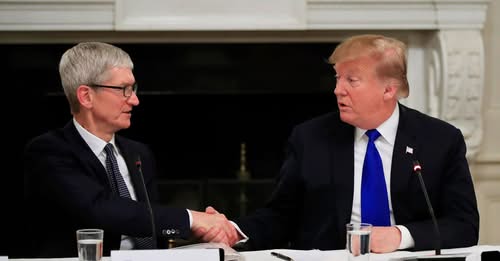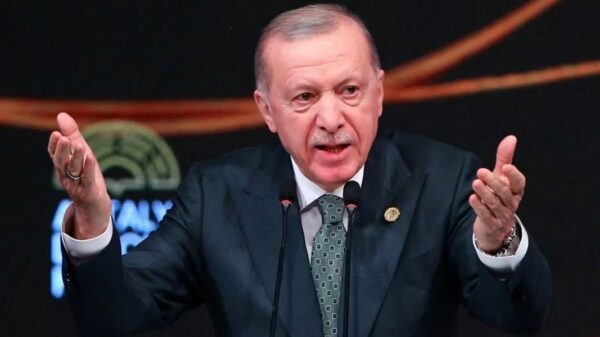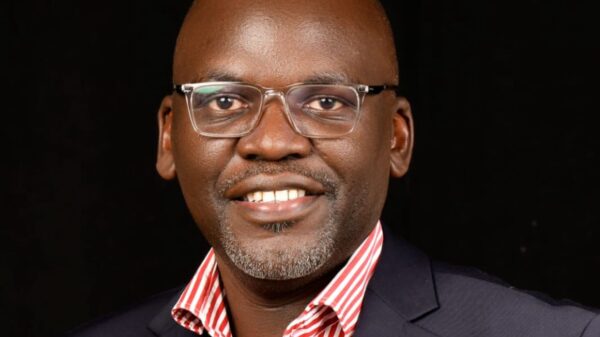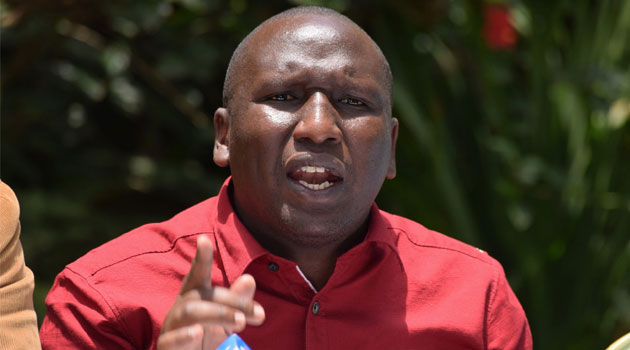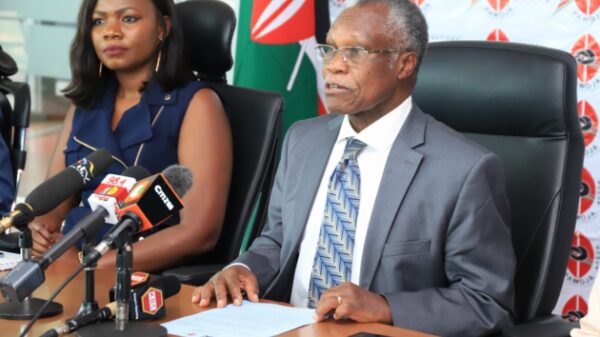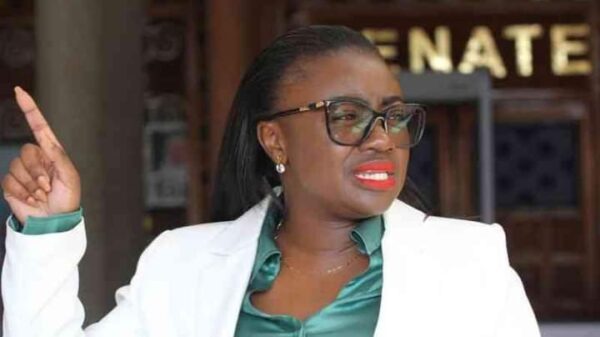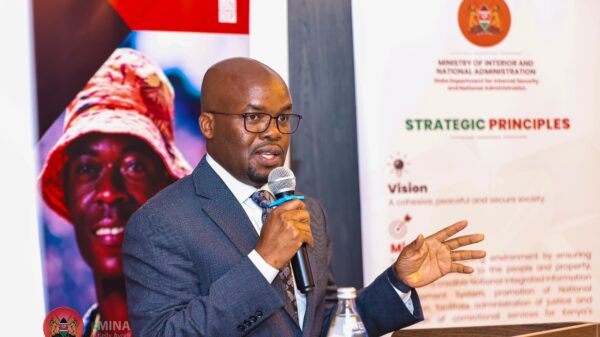NAIROBI, Kenya, May 15 — US Senator Jim Risch, Chairman of the Senate Foreign Relations Committee, has called for a reassessment of the United States’ relationship with Kenya following President William Ruto’s recent remarks in Beijing.
Speaking during a Senate hearing, Senator Risch expressed concern over Kenya’s deepening ties with China, particularly in light of Ruto’s declaration that Kenya and China are “co-architects of a new world order.”
“Just last month, President Ruto declared that Kenya, a major non-NATO ally, and China are ‘co-architects of a new world order.’ That’s not just alignment to China; it’s allegiance,” Senator Risch stated during the hearing.
Risch emphasized that such statements suggest a significant shift in Kenya’s foreign policy orientation, potentially undermining its longstanding partnership with the United States.
He warned that relying on leaders who openly embrace Beijing could be detrimental to US interests in the region.
“Relying on leaders who embrace Beijing so openly is an error. It’s time to reassess our relationship with Kenya and others who forge tight bonds with China,” Risch added.
President Ruto’s visit to China in April resulted in several trade and investment agreements, including deals in agriculture, technology, and green energy.
‘Broken world order’
During his speech at Peking University, Ruto criticized the current global power structures, describing them as “broken” and “dysfunctional,” and advocated for a new, fair, and inclusive world order.
Senator Risch urged the US to pivot its Africa policy away from individual leaders and towards strengthening institutions, expanding private sector ties, and empowering the region’s youth.
He stressed the importance of being clear-eyed about potential and existing partners in the region, noting that in many cases, these governments are not wholly legitimate, raising questions about the worthiness of engagement.
The Senator’s remarks highlight growing concerns in Washington over China’s expanding influence in Africa and the implications for US strategic interests.
Kenya has in the past insisted it neither leans West or East, defending a foreign policy stance adopted during President Kibaki’s era that balances between fostering relationships with both Eastern and Western powers.

